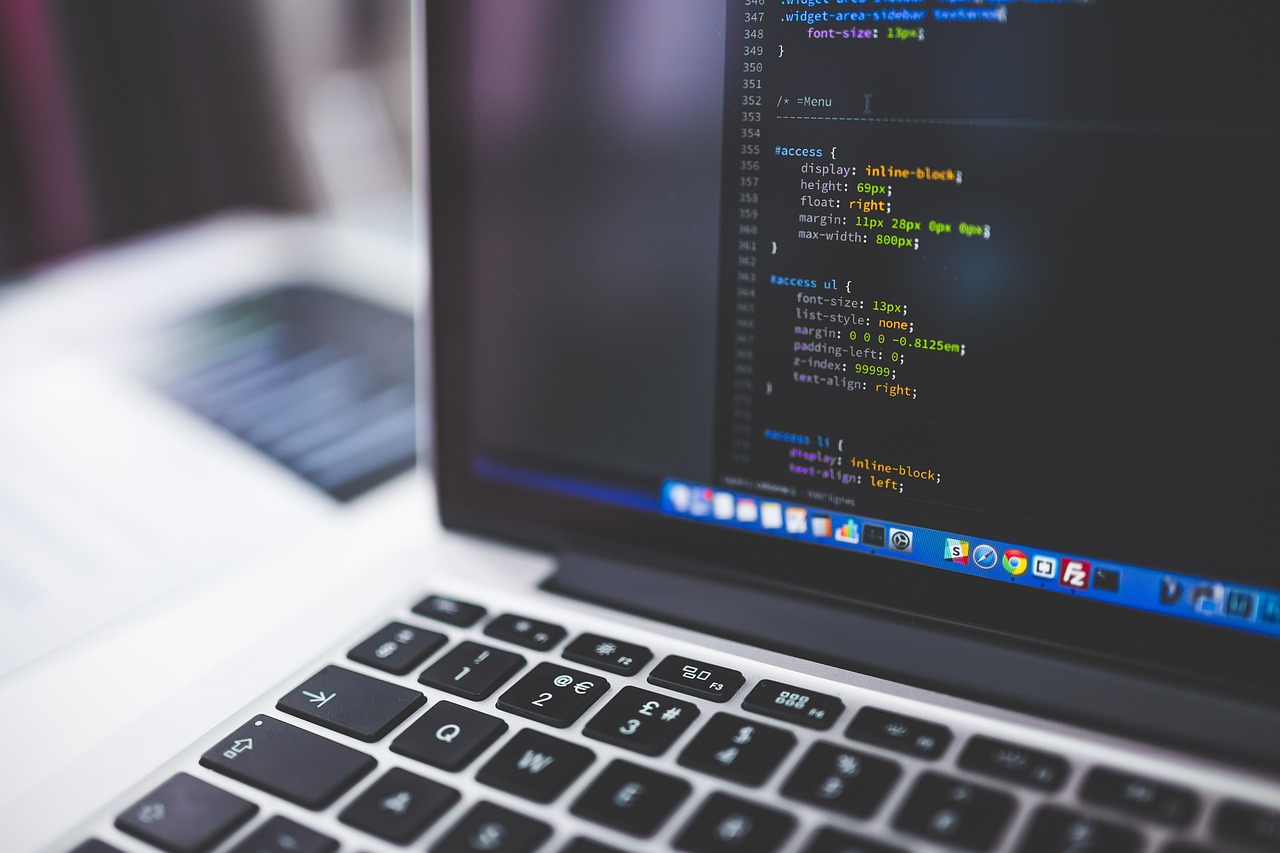Python is an interpreted high-level general-purpose programming language. Its design philosophy emphasizes code readability through the use of significant indentation. Its language components and object-oriented approach are intended to help programmers write concise, logical code for small and large-scale projects alike.
Python uses garbage collection and dynamic typing. It is compatible with a wide range of programming paradigms, including structured (particularly procedural) programming, object-oriented programming, and functional programming. It is sometimes referred to as a “batteries included” language due to its vast standard library. Guido van Rossum designed Python in the late 1980s as a replacement for the ABC programming language.
Python 0.9.0 was first release in 1991. Python 2.0 was launched in the year 2000, bringing with it new features such as list comprehensions and a garbage collection system based on reference counting. Python 3.0 was released in 2008, and it represented a significant change to the language that was not backwards compatible. Python 2 was deprecated with version 2.7.18 in 2020.
In this post, I will walk you through the entire process of starting as a beginner and progressing to become a proficient/professional Python programmer. I’ll go over some of the topics listed below:
Python coding abilities
Algorithms and data structures
Debugging abilities
Making good use of libraries
PEP8 and best coding practices
Contribution to opensource
Master the skill of asking for assistance.
Projects, projects, and more projects
Python coding abilities
Python coding abilities This is primarily classified into three categories: beginner, intermediate, and advanced. You must first learn about radio boxes, numbers, strings, and other primitive data types before moving on to more advanced data types such as dictionary and tuple. You must learn how to read, write, and control blocks, functions, and files and modules.
You must understand exception handling, classes and objects, exception handling, inheritance, iterators, generators, list/dictionary comprehensions, sets, and command line argparse at the intermediate level. Object Oriented Programming (OOP) and classes enable you to modularize code and build a large software project in a maintainable manner. One of the most powerful features of the Python programming language is its list/dictionary and comprehension. It not only helps you to write complete scripts, but it also makes your software run considerably faster. You may also learn about set and how to parse arguments using the command line.
For advanced users, this includes areas such as multi-tasking, multi-threading, multiprocessing, multiprocessing lock and pool, unit tests: pytest, decorators and context managers, and so on.
Algorithms and data structures
A strong foundation in data structures and algorithms is a superior method to become an expert in the Python programming language. It is difficult to develop decent and efficient Python programs without all of these expertise.
Debugging abilities
I’ve worked with a lot of Python programmers, and one thing they all have in common is good debugging abilities. If you have good debugging skills, programming will not disappoint you; you can quickly solve anything.
Making good use of libraries
Python is popular because it has many libraries that can be used to make your work easier. For example, nopi is a numerical computing library that allows you to work on multidimensional arrays and computations easily. If you don’t know about nopi library and you want to do computation, it may be tedious. A good Python programmer is one who can produce nice, logical code. You must understand code organization, and you must organize your code in a logical manner so that it can be readily managed.
Contribution to opensource
Contributing to an open source project will not only improve your knowledge of Python programming, but it will also broaden your experience.
Master the skill of asking for assistance.
You must understand how to ask questions on Google and in communities such as Stackover, geeks for geeks, and so on. You don’t need to ask for a direct response but for mentorship. Most people are online to help, so find a role model and you’ll be generating better and more manageable Python code in no time.




